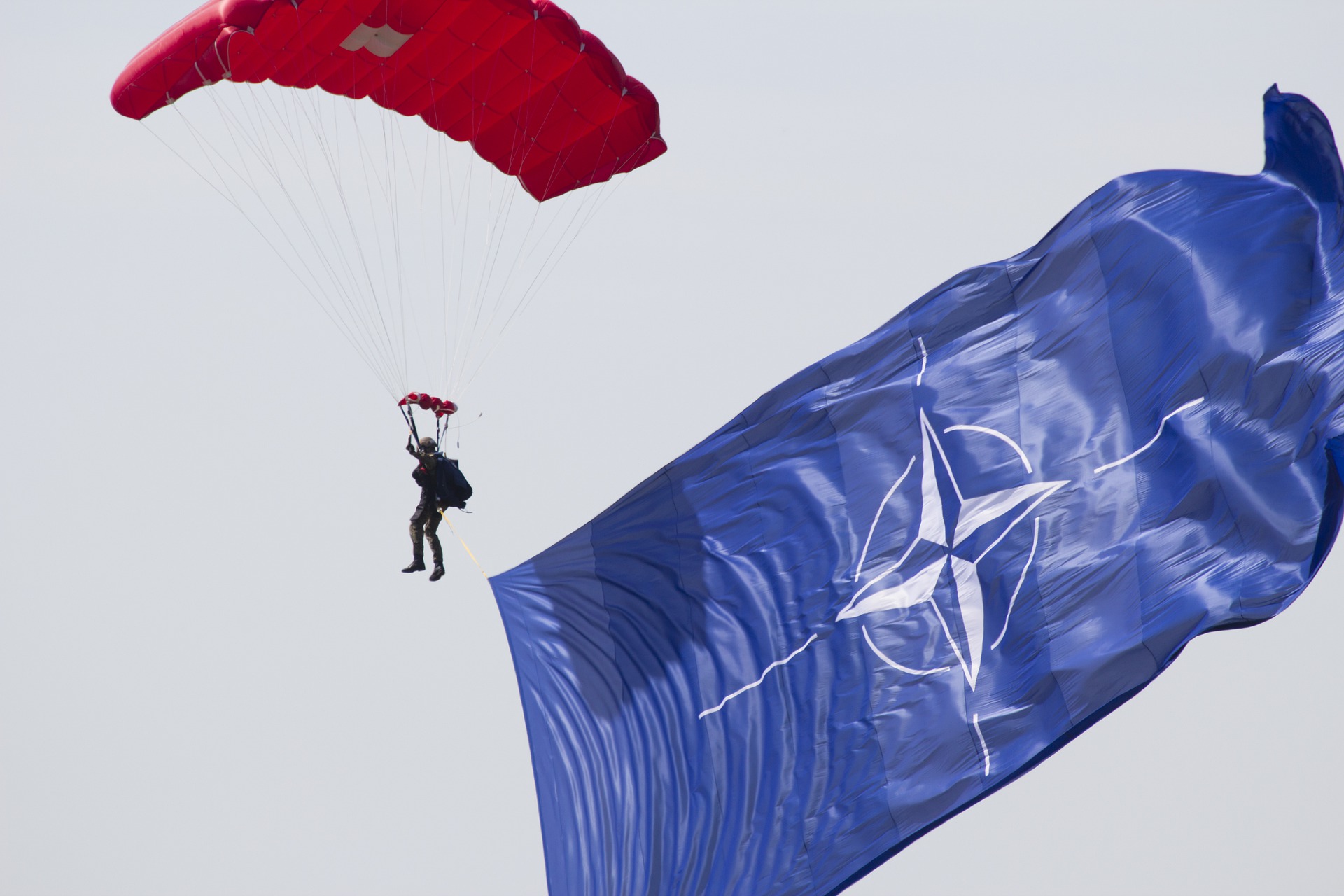Michael Cox (London School of Economics)
The recent NATO summit held in Brussels held few surprises. But perhaps there have been too many of those over the last four years with Trump at the helm of the last remaining superpower. Indeed, it was in its own way, a wonderfully reassuring event – possibly one of the more reassuring moments being the presence of the new US Secretary of State, Anthony Blinken. Sounding very much like the true Atlanticist that he is – his first book was on why Europe and the US had to remain united when it came to dealing with the former USSR – Blinken repeated what other NATO members clearly wanted to hear: that the alliance was back up and running and that America was keen to rebuild its partnerships, “first and foremost with our NATO allies”.
The Secretary General of NATO could hardly conceal his delight. We have a “ unique opportunity” now “to start a new chapter in the transatlantic relationship” Jens Stoltenberg declared. How new became only too clear when President Biden followed up a couple of days later with yet another reassuring message to America’s European allies, though not to NATO this time but to the European Council. Performing in the role as one source rather nicely put it of “honorary EU leader for a day” Biden made clear his commitment to the values and ideals underpinning the wider transatlantic relationship. The positive response and the happy faces of EU leaders sitting around the room told their own story. It was certainly a far cry from when EU leaders found themselves “glaring across meeting rooms” at Trump “bracing for some unpredictable outburst or tirade at events like the G7, G20 or NATO summits” (Politico, 26 March, 2021).
Even so, there were still several outstanding issues. One of course revolved around the gas pipe-line Nord Stream 2 running from Russia to Europe across the Baltic Sea. The US continues to oppose it – more so now than ever that Washington has unambiguously identified Russia as the chief immediate threat to the West whose leader (to quote Biden) is a “killer”. The Europeans, Germany most obviously, see it as an economic necessity. None of those who attended the NATO meeting seemed to disagree about Russia (indeed were decidedly tougher on Russia than China). Yet as Stoltenberg admitted in a later press conference, there were as yet unresolved “differences” amongst the allies on the pipe-line question, though NATO (he went on) was by far away the most appropriate forum for having further “discussions” on the question.
There was in turn some time given in Brussels to what to do next in Afghanistan, a country to whose security NATO had committed over 100,000 troops and from which Trump had in 2020 promised to remove all US forces. No decision was or could be taken. But with Biden now reviewing the original deal struck between Trump and the Taliban, and NATO itself already having rejected an early military pull out from Afghanistan, the feeling was that the allies would not be leaving Afghanistan until the time was right; and though nobody was prepared to spell it out in public, as long as the Taliban remained the Taliban that might turn out to be a very long time indeed.
Finally, what about ‘burden sharing’ one of Trump’s weapons of choice with which he tried to beat the European members of NATO, Germany in particular. The issue had not been settled to everyone’s satisfaction as a former NATO Chief Anders Rasmussen warned in February. The allies had not yet been “let off the hook” he noted. That said, the sting it seemed had been drawn out of that particular debate; and perhaps for good reason: because in the seven years up to 2020 Canada and the European members of NATO had according to Stoltenberg contributed “a cumulative extra of $190bn” to NATO military spending (not to be confused with spending on their own security of course) . The amount probably mattered less in the end than the gesture. After all, the bulk of the NATO military budget (70%) would still be paid for by the Americans. However, with around 11 members of NATO now achieving the 2% of GDP threshold, there was every hope that yet another issue that had so poisoned the political well between the allies for so long had at long last been shelved, if not completely resolved. Perhaps the ghost of Trump had finally been laid to rest?
Michael Cox is Professor Emeritus of International Relations at London School of Economics.
The views expressed in this blog reflect the position of the author and not necessarily that of the Brexit Institute Blog.



